Editorials
– Afarinsh rejected Rouhani government’s statistics concerning decrease of unemployment
– Jahan Sanaat handled the battle in the Iraqi Mosul and the importance of this city to the ISIS
Iranian News Roundup
– Iran produces 38% of Middle East’s petrochemicals.
– Vodafone Britain enters Iran’s market.
– Ahwazi governor demands reparations for environmental pollution.
– 75 years imprisonment ahead of Zarrab.
![]()
Mardom Salari Newspaper
Oil in midst Freemasonry waves
The editorial in Wednesday’s Mardom Salari Newspaper discussed the future of Iran’s oil policy following a two-day conference held by the regime in Tehran on Monday and Tuesday. Monday’s event was entitled, ‘Development and Investment Strategies Concerning the Oil and Energy Sectors in Iran,’ while Tuesday’s was ‘Oil and Gas Refining in Iran 2016’.
The editorial claimed that ‘Masonic’ activities are concentrated in the global media and among the world’s highest-level political decision-makers. The pernicious influence of Freemasonry extended to Iran before the 1979 ‘Islamic revolution’, particularly with the establishment of the British-Iranian Oil Company during the period of the Shah, which served the interests of British colonialist expansionism worldwide. Although there are now no Masonic forums in Iran following the revolution, it is certain that the active Masonic groups remain tied to the oil industry. The editorial asserts, warning of any rush by Iranian authorities to sign new oil agreements with Western companies which the editorialist fears might increase efforts to harm Iran’s interests in the oil sector.
The concerns expressed in the editorial reflect the state of extreme uncertainty plaguing Iran’s decision-makers. Moreover, show a possible split within the Iranian power structure concerning the form of new oil contracts with foreign companies, which are delaying investment even after the implementation of the 2015 nuclear deal and the lifting of the previous sanctions on the country.
Afarinsh Newspaper
Price rises measured by people’s pockets, not government institutions’ statistics and figures
An editorial in Wednesday’s Afarinsh Newspaper criticizes statistics recently published by the Iranian administration which showed declining inflation rates and falling oil prices. The editorial said that the public now monitors such statistics and data out of habit rather than to assess the reality of the economic situation and the effect of government policies, adding that the data cited by the government in this latest statistical report do not accurately reflect the reality of citizens’ income and living costs.
The editorial focuses on the statistics issued by state bodies since Iranians rely solely on the data published by two government agencies, with no non-governmental or private entities collecting or analyzing this information since doing so is forbidden. Often the statistics released by the two institutions, which operate with no transparency at all, have little or no relation to reality. A recent announcement by one of the two state agencies that the unemployment rate had dropped to less than 10 percent was greeted with some skepticism. One Iranian MP loudly insisted that the president does not make mistakes while another deputy said that government statistics on economic growth are unscientific and inaccurate, and asserted that the methods used to track economic growth lack transparency.
The editorial called on Iran’s leadership to acknowledge the errors in its statistical measurements to offer the people hope of improvements in the economic situation so that Iranians can trust in the figures and see an impact of positive change reflected in their standard of living.
If the people continue to see misleading figures showing economic improvements and these are not reflected in improved living standards, the people will abandon hope of a better future, the editorialist warned.
The editorial also touched about unhappiness among reformists with the Rouhani administration after the dismissal of the Minister of Culture, Youth and Education Ali Janatti. The ousting of reformist-oriented figures from ministerial positions is believed to be taking place due to pressure from conservatives, who have long advocated a reduced presence of reformists in government.
The discontentment among reformists over this trend in the administration towards concessions to the conservative lobby is believed to be the reason for reformist newspapers’ sudden questioning of government data on inflation and employment after Rouhani’s boasts about his economic achievements in Iran.
Jahan Sanaat Newspaper
The battle of Mosul and warnings for Iraqi officials
An editorial on the battle in Mosul in Wednesday’s Jahan Sanaat newspaper focused on the role of Iraqi forces in the fight to oust ISIS from the Iraqi city. The editorial recalled that ISIS had taken over Mosul in 2014 and taken control of the city before naming it the cultural capital of the supposed “Islamic State.”
Mosul is a hub to control several important trade routes, being located not far from the Turkish-Syrian border, as well as being close to major Iraqi oil fields and an oil pipeline between Iraq and Turkey. The editorial continued, adding that the loss of the city would mean significant losses for ISIS’ resources, as well as cutting off its supply lines, and predicting that the terror group’s leader, Abu Bakr al-Baghdadi, would be killed in the current battle for the city.
The editorial warned Iraqi forces against ignoring ISIS’ strategy and tactics aiming to eradicate the traditional border divisions. ISIS has demonstrated its ability in previous battles to surround and hit other forces fast before moving rapidly to another area, abandoning besieged areas quickly, the editorial warned, adding that this shows the need to target the group rather than focusing on taking control of the areas under its control. ISIS forces can move quickly and may evacuate Mosul to move to Raqqa, the second ISIS capital. The editorial continued, warning that Turkey should refrain from participating in the battle for Mosul, given the verbal altercations between President Erdogan and the Iraqi Prime Minister Haider al-Abadi, which show the personal animosity between the two men.
The editorial also reprised the favorite Iranian allegation that Turkey has purchased oil from ISIS, as well as accusing Turkey of wishing to ‘Balkanize’ Mosul, i.e. to divide the city into different sects and ethnic groups in a similar fashion to the Balkans. The editorial concluded by asserting that the liberation of Mosul will not mean the end of Abadi’s mission there since he will need to fight a battle of reconstruction after the city is fully free of ISIS.
The editorial reflects the Iranian regime’s wish to monopolize Iraq and to use its ‘Popular Forces’ Shiite militias to redraw the country’s demographic map to ensure Shiite control over most provinces, while cleansing Mosul, a majority-Sunni city, of its Sunni residents.
![]()
♦ Iran produces 38% of Middle East’s petrochemicals
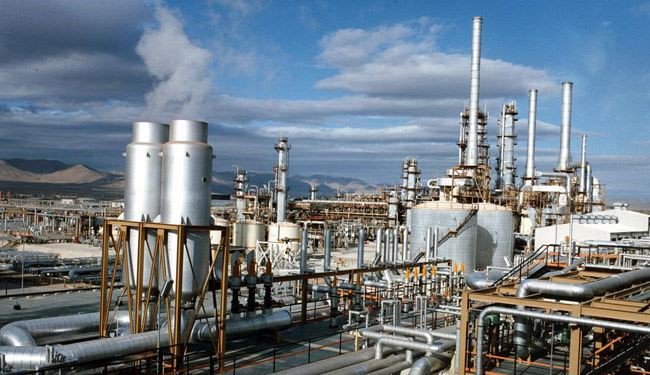
Iran’s Deputy-Oil Minister, Marziah Shahda’i said that Iran had sold 19.1 million tons of petrochemicals last year, noting that this quantity will jump to more than 65 million tons until 2020. Shahda’i added that Iran produces 38% of the Middle East’s petrochemicals, asserting that Iran has significant oil and gas reserves that can play a major role in the world energy market.
Abrar Eghtisadi Newspaper
♦ Vodafone Britain enters the Iranian market
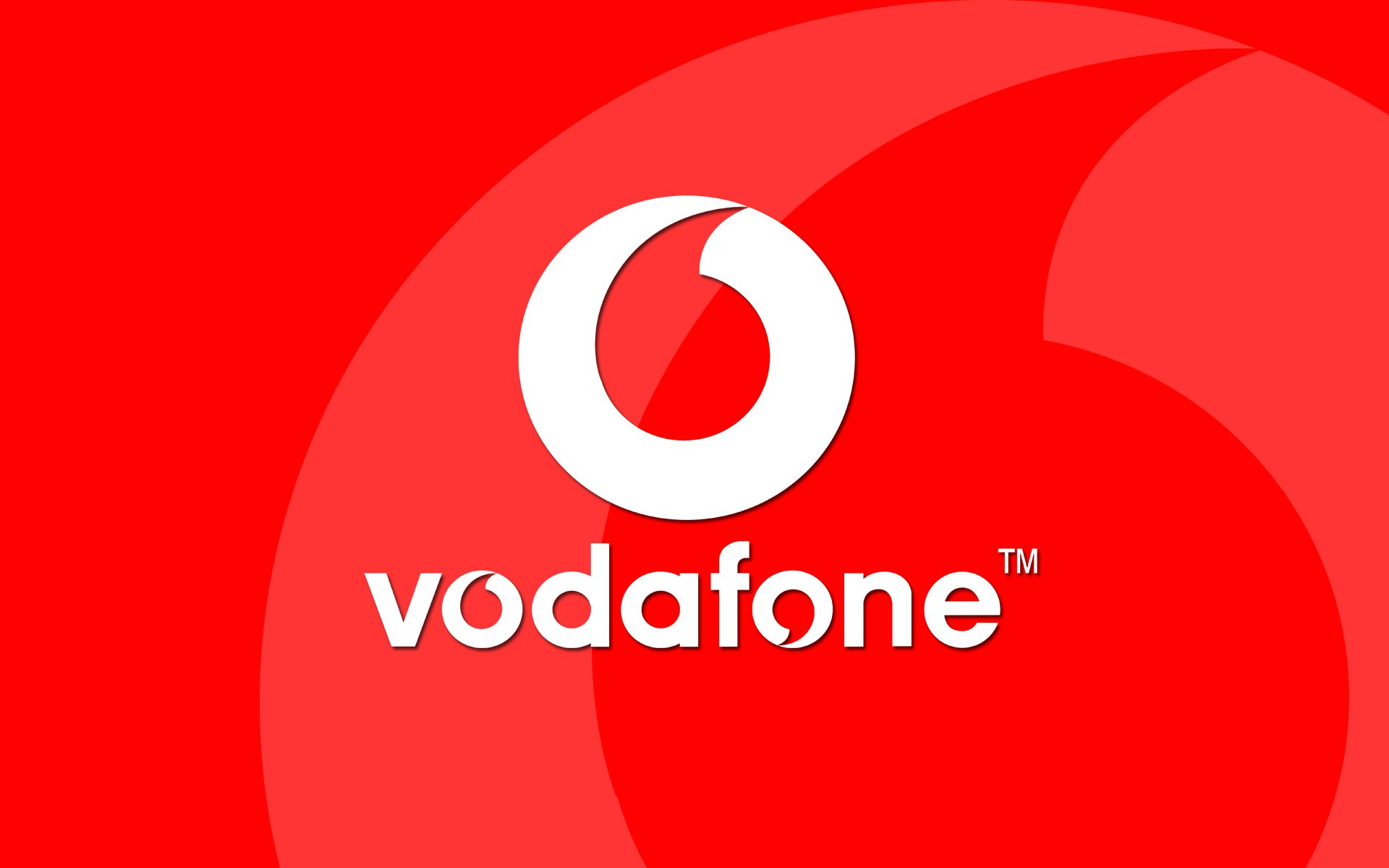
Vodafone Britain has agreed on a partnership with the Iranian internet company Hi Web to help modernize its network and information technology infrastructure, making the British company the latest Western cell phone company to do business with Iran after sanctions were lifted.
The second-biggest mobile company in the world, Vodafone works in Europe, Africa, Australia, and Egypt. It announced that cooperation with Hi Web – in the framework of a joint venture that does not include stocks- will benefit the company’s costumers in many countries because of its quality services.
ISNA Agency
♦ Ireland builds a solar energy plant in Caspian
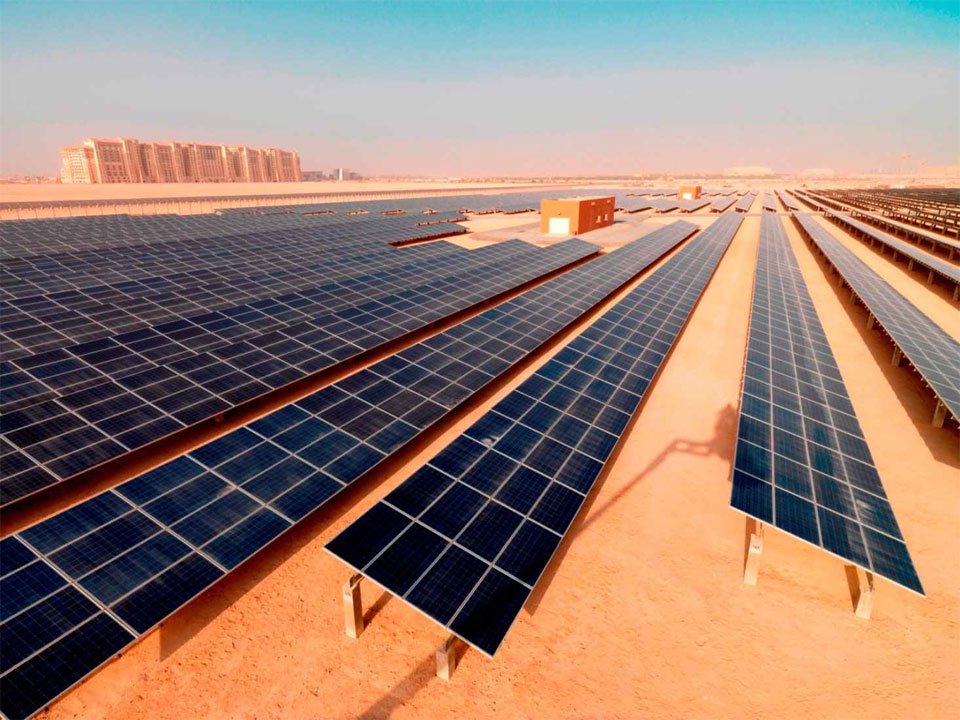
Iran hammered out an agreement with an Irish company to build a 60-megawatt solar power station in Takistan in Caspian province in South Iran. Both sides have agreed to set aside 100 acres of land and issue all licenses related to the project.
At the first stage, the Irish company will produce 30 Megawatt for a total cost of 40 million Euros and create 400 job vacancies for Iranians. The second phase will start by the end of the first stage with a capacity of 30 Megawatt.
Asr Iran Website
♦ New Moroccan ambassador arrives in Tehran in a month
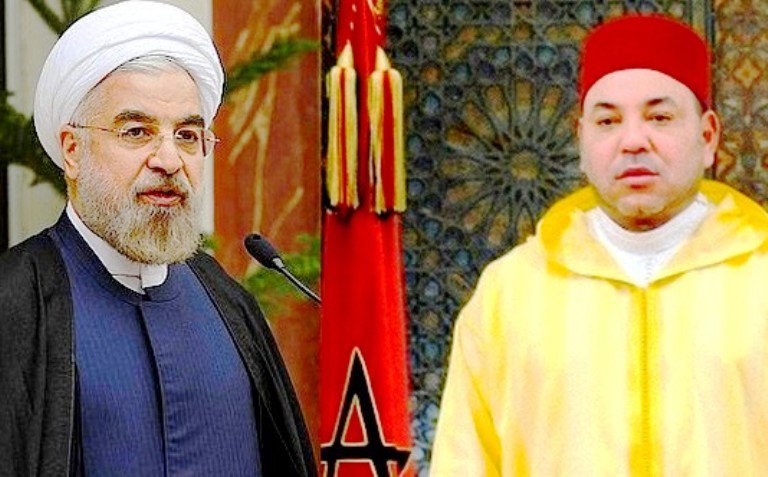
According to Iranian diplomatic sources, the new Moroccan ambassador, Hassan Hami will come in Tehran during the next 3 to 4 weeks after an eight-year break since 2008. King Mohammed VI of Morocco, has met some of his country’s ambassadors abroad including Hami that represented his country in Azerbaijan before.
ISNA Agency
♦ 75 years imprisonment ahead of Zarrab
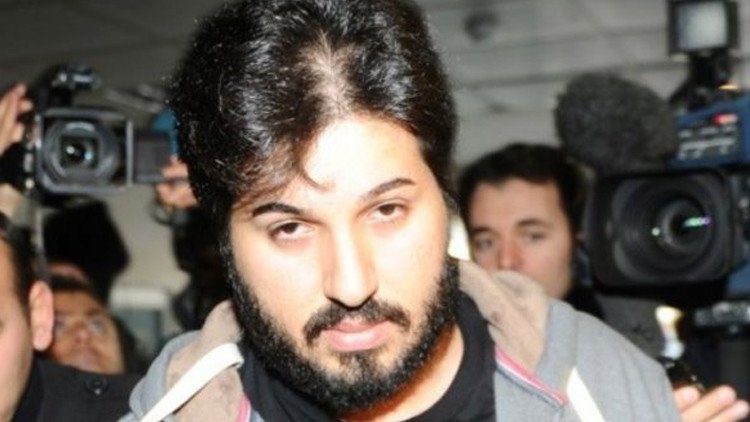
The trial of the Turkish of Iranian origins businessman, Riza Zarrab, is scheduled on January 23, 2017, in the federal court in Manhattan. Should he be convicted, he will be imprisoned for 75 years because of breaking the sanctions imposed on Iran.
The American Attorney General has accused Zarab of assisting Iran in making illegal deals for billions of US dollars, benefiting from counterfeit documents, fake corporations, money laundering, and banking fraud that all broke the sanctions imposed on Iran.
Etimad Newspaper
♦ Arrest of 11 persons attempted to transport billions of Tomans
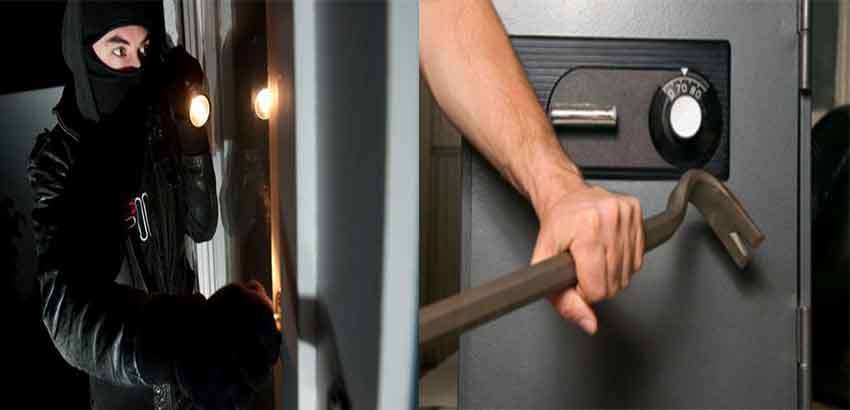
Attorney General of the Revolutionary Court in Ardabil city announced eliminating an influential banking gang in Ardabil province. “Eleven persons have counterfeited some official papers and intended to transfer billions of Tomans through hacking governmental bank accounts, but were prosecuted before moving any money. This group might have committed other financial crimes, and the case is still under investigation, the Attorney General added.
Mizan Agency
♦ Altercation between Speaker of the parliament and an MP
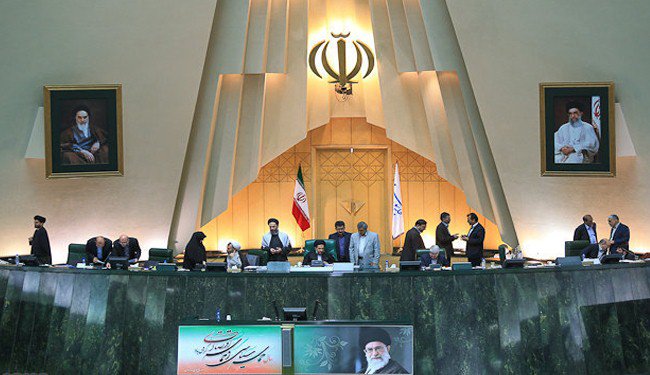
An altercation happened during the public session of the Iranian parliament between Speaker of the parliament, Ali Larijani and Tehran’s constituency MP, Mustafa Kawakibian concerning Larijani’s letter to Khamenei.
Kawakibian has denied Larijani’s letter to Khamenei asking Speaker of the parliament, “On what basis you write a letter concerning the list of the sixth program? Why did you write a letter on behalf of the parliament to the leader?”
Larijani responded, “Do I need your opinion to write a letter? Okay, from now and on, I’ll sign all letters under the name of Professor Kawakibian! The Speaker can write a letter to the Leader the way he wants; this is a weird criticism!”
Jam-e-Jam Newspaper
♦ Ahwaz province asks for environmental reparations
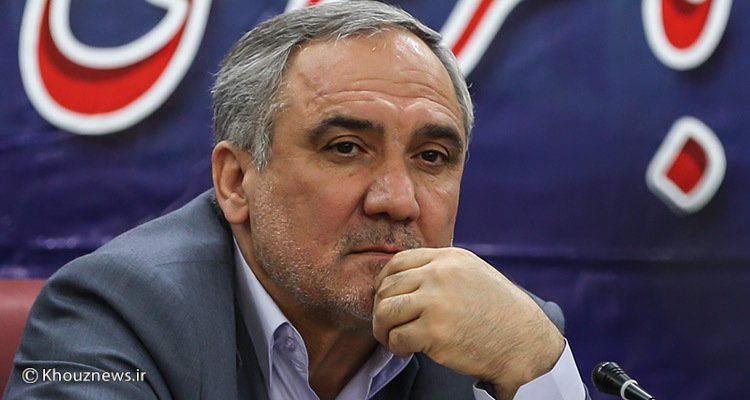
In a workshop about decreasing air pollution in Ahwaz province, Governor Golam Riza Shariati said, “The production of one million barrels per day in six months is a national pride that refers to the greatness of the state and influence of oil companies in the South.” Shariati added that he supports increasing oil production after lifting sanctions, but at the same time warns of the growth of gas emission and air pollution, which destroys the Ahwazi environment.
Shariati continued, “Oil managers should report this problem to officials in Tehran, and the province should receive reparations for the damages caused by these projects to the environment,” noting that some projects are being established without informing the region.
Began Alibour, executive manager of the South Oil Company participated in the workshop and said, “We couldn’t have paid our worker’s salaries because of the severe conditions of the ministry; our priority now is to make these salaries available.” Alibour added that two projects under construction would resolve all Ahwazi problems once completed, noting that 707 million cubic feet of gas are being burned every day causing big damages to the environment.
IRNA Agency
♦ Terrorist Attacks possible in Turkish vital places
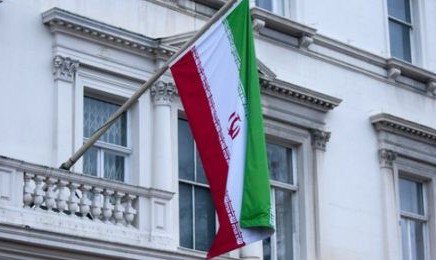
The Iranian embassy in Ankara has warned the Iranian citizens from terrorist attacks in some vital places in Turkey. In its statement, the embassy said, “We call all Iranian people in Turkey to keep away from the Turkish vital areas and follow the directive of the Turkish security agencies.”
ISNA Agency
